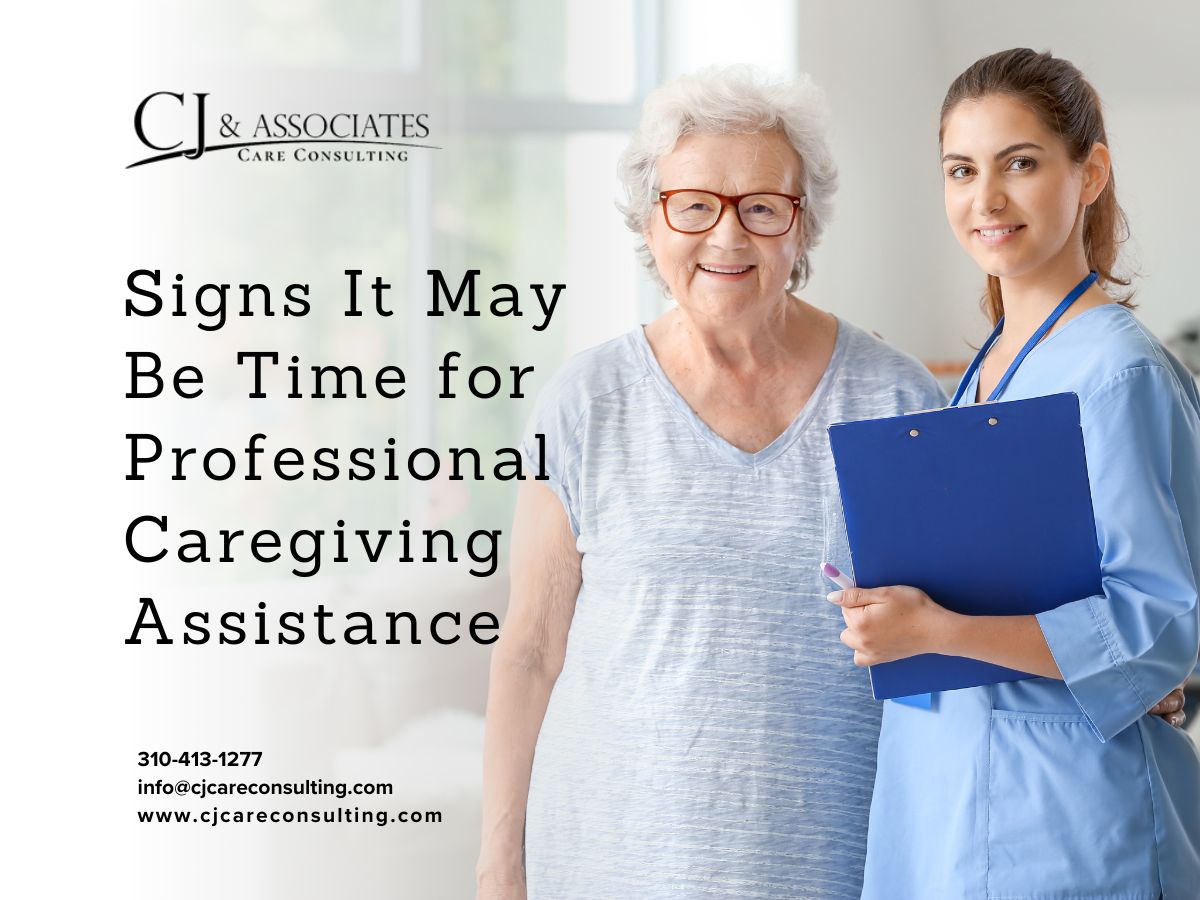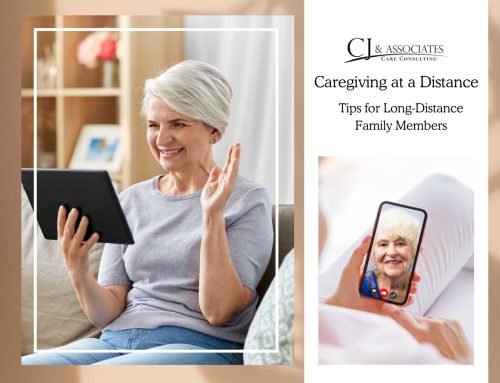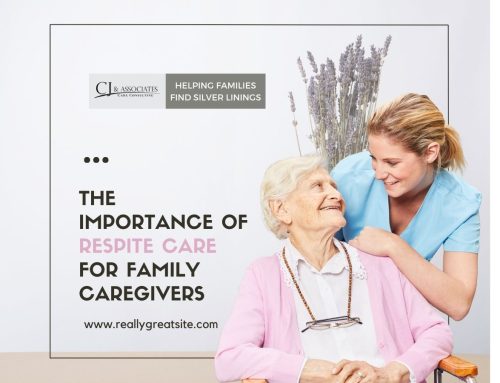Caring for an elderly loved one can be both rewarding and challenging. As our loved ones age, they may begin to struggle with activities that were once simple, such as managing daily tasks or remembering important details. For many families, there comes a time when caregiving becomes more than they can handle alone. But how do you know when it’s time to seek professional caregiving assistance? Recognizing the signs early can ensure that your loved one receives the proper care and support they need to maintain their quality of life.
Increased Forgetfulness
Memory loss is one of the most common signs that it may be time to consider professional caregiving. If your loved one is becoming increasingly forgetful, missing appointments, forgetting to take their medications, or repeatedly asking the same questions, these could be warning signs of cognitive decline. While occasional forgetfulness can be a normal part of aging, frequent memory lapses that affect their safety and well-being should not be ignored.
What to Look For:
- Repeatedly forgetting important appointments or events
- Frequently misplacing items and being unable to retrace steps
- Difficulty remembering names or faces of close family members
Mobility Issues
As people age, they may experience physical limitations that make it difficult to move around safely. Mobility issues can lead to a higher risk of falls, injuries, and accidents, especially when your loved one is left unattended for extended periods. If you notice that your loved one is struggling to walk, climb stairs, or get in and out of chairs, professional assistance may be necessary to prevent accidents and ensure their safety.
What to Look For:
- Unsteadiness while walking or using mobility aids
- Difficulty getting in and out of bed or chairs without assistance
- Frequent falls or bruising from minor accidents around the house
Difficulty with Daily Activities
Another sign that it may be time to seek professional caregiving is when your loved one begins to have trouble managing daily activities, also known as Activities of Daily Living (ADLs). These include basic tasks like bathing, dressing, cooking, and cleaning. If your loved one is struggling with any of these tasks, it may indicate that they need additional support.
What to Look For:
- Inability to dress, bathe, or groom themselves properly
- Neglecting housework, such as laundry, dishes, and general cleaning
- Difficulty preparing meals or forgetting to eat regularly
Isolation and Loneliness
Social isolation can have serious physical and mental health consequences for seniors. If your loved one is becoming increasingly withdrawn, avoiding social interactions, or showing signs of depression, this can be a sign that they need more help and companionship. Professional caregivers can provide both practical assistance and emotional support, helping to combat loneliness and ensure your loved one stays socially engaged.
What to Look For:
- Avoiding contact with friends or family
- Disinterest in hobbies or activities they once enjoyed
- Frequent mood swings, sadness, or anxiety
Changes in Personal Hygiene
If you notice that your loved one is neglecting their personal hygiene—such as wearing the same clothes for several days, not bathing regularly, or having an unkempt appearance—this is a clear sign that they may need help. Professional caregivers can assist with personal hygiene and grooming, ensuring that your loved one maintains their dignity and stays healthy.
What to Look For:
- Unwashed hair, body odor, or poor dental hygiene
- Wearing dirty or inappropriate clothing for the weather
- Infrequent or incomplete bathing and grooming
Conclusion
Recognizing the signs that your loved one may need professional caregiving assistance is crucial for ensuring their safety, health, and quality of life. If you notice any of these red flags, it’s important to have an open and compassionate conversation with your family about the possibility of bringing in professional care. Whether it’s part-time in-home care or full-time assistance, a professional caregiver can provide the support and attention your loved one needs while offering you peace of mind.




